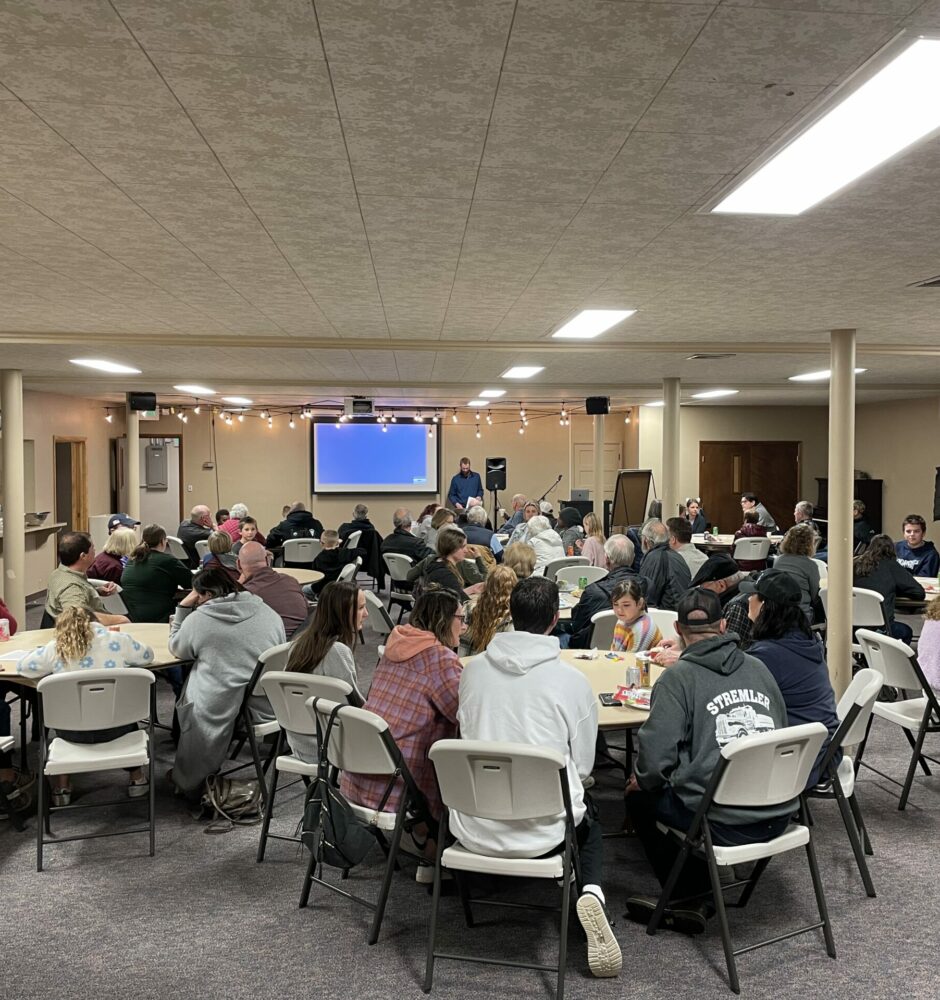The following is a blog post by Tim Elmore of Growing Leaders. To view the original post, click here.
One of the most common questions I receive from college students is: “How do I find a mentor?” What they mean by this is—how can I locate or identify the right kind of mentor for my personal plans?” Over the years, I’ve found the majority of students say they desire to have a mentor in their life; someone they could call and bounce a question off of; someone who is slow to judge but quick to offer hope.
A couple of years ago, Gallup released findings from the largest representative study of U.S. college graduates. The Gallup-Purdue Index surveyed more than 30,000 graduates to find out whether or not they’re engaged in their work and thriving in their life. In short Gallup wondered: “Do college graduates end up with great jobs and great lives?”
One of the most memorable findings is: where you went to college matters less to your life after graduation than how you went to college. Inside Higher Ed states:
“Feeling supported and having deep learning experiences during college means everything when it comes to long-term outcomes after college. Unfortunately, not many graduates receive a key element of that support while in college: having a mentor. And this is perhaps the biggest blown opportunity in the history of higher ed.”
The students who succeeded were the ones who said, “I had a professor or a staff member who built a relationship with me and offered counsel during my tough semesters or uncertain days. It made all the difference in the world.”
Why Don’t We Do This?
Most of you reading this article will agree—students benefit from mentors. At the same time, more of us talk about mentoring than actually do it. Some of us excuse our lack of involvement by saying we can’t find “hungry students.” Others say they just don’t know what to say to connect with students. After all, they’re . . . uh . . . different. Many of us never mentor anyone because we hold a stereotype in our minds of what a mentor looks like. And . . . alas, we just don’t fit our own stereotype.
Perhaps this list below will help.
In their insightful book, Connecting, Dr. Robert Clinton and Paul Stanley outline the seven different kinds of mentors that most often exist in our lives. Dr. Clinton was one of my professors as I did my doctoral studies and has remained a long-distance mentor in my life. I have tweaked the list he offered to fit our world today, and I offer it to you below. It is important for us to examine these seven roles for two reasons:
- To determine which kind we most need in our own life.
- To determine which kind we are best suited to be for someone else.
Seven Kinds of Mentors
Knowing your personal style and gifts will enable you to better decide what kind of mentoring role you will successfully fulfill in a student’s life. Note these different kinds of mentors below:
- The Mentor Tutor
They help with basic qualities and skills of maturation. It generally involves frequent meetings, and the agenda originates from the mentor—not the mentee. Why? Because the mentee is often young and inexperienced, not knowing what they must learn. - The Mentor Personal Guide
They offer accountability and direction as the mentee makes significant decisions. The mentee may already be mature, but just needs advisement on an infrequent basis. It still involves a maturation process, but it can be done by a peer with gifts or perspective. - The Mentor Coach
They provide motivation and skills needed to meet a task or a challenge. While there is a relationship, it can be a short-term connection until the mentee acquires the ability to perform a task independently. It involves meetings that are scheduled more on a project basis. - The Mentor Counselor
They furnish timely advice and perspective on self, others, and interests or passions. This mentor enables the mentee to step back and gain a big-picture view, adding insight on issues, for a person who’s less mature, experienced or has blind spots. - The Mentor Teacher
They impart knowledge and understanding on a specific subject. Mentor-teachers are most common when a mentee needs to learn more about a new issue and the mentor has the insights needed. It can involve frequent or infrequent meetings. - The Mentor Sponsor
They give out of their network, experience and accumulated knowledge. They may not be “conversationalists,” nor know a lot personally, but they generously give from their wealth of contacts and reading. They can offer protection and direction. - The Mentor Model and Consultant
They offer a living, personal example for life, marriage, family or career. Often seasoned veterans, they embody a wise lifestyle in each life station they experience along the way. They may be people of few words, but their lives are vivid sermons.
Questions:
Which of these mentor types do you need most yourself?
Which of these could you naturally become for a student?
Youth Unlimited organizes summer youth mission trips called SERVE at many different locations across the US and Canada. Click here to visit our SERVE Site Locations page.


